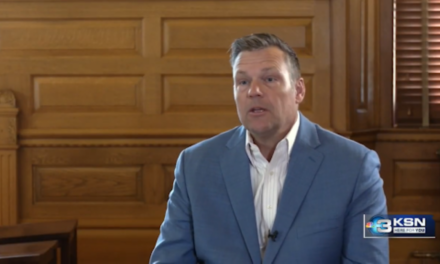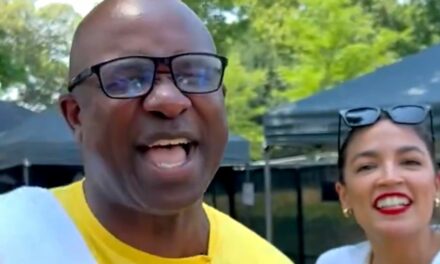We support our Publishers and Content Creators. You can view this story on their website by CLICKING HERE.
President Joe Biden’s home state of Delaware has enlisted the help of former Obama administration Solicitor General Don Verrelli to argue in favor of loose election laws in the state.
For Biden — who has decried election security laws in states like Georgia as “Jim Crow 2.0” — the looser the election laws the better.
Yet Delaware — the president’s home state — doesn’t have universal mail voting or same-day registration, ever since the Delaware Supreme Court struck both practices down as unconstitutional in 2022. On Wednesday, the state’s highest court heard a case challenging the constitutionality of Delaware’s early voting period and permanent absentee voter list, after a lower court found that both violated the state constitution.
Surely Biden once understood the pitfalls of things like same-day voter registration, having said in 1977 — while representing Delaware in the Senate — that such a proposal “could lead to a serious increase in vote fraud.” But safeguarding elections isn’t as appealing to Biden now as it was back in 1977, because Democrats rely on weak election laws to increase their chances of winning.
So it’s interesting that a top dog from the Obama administration like Verrilli, who is perhaps best known for arguing both the Obamacare and Obergefell cases before the U.S. Supreme Court, was enlisted to argue against the state-level challenge that is no doubt embarrassing to the president.
Opening arguments began Wednesday in the Delaware Supreme Court, with the Public Interest Legal Foundation (PILF) and former Delaware Attorney General Jane Brady arguing that state laws permitting early voting and permanent absentee voting violate the Delaware Constitution. The state legislature passed a law in 2019 permitting early voting in person at least 10 days before Election Day. This law was overturned as a violation of the state’s constitution by the Superior Court, which found the state’s constitution requires the general election to be held on the Tuesday after the first Monday of November.
The court also found that a state statute passed in 2010 that permitted “permanent absentee status” violated the state’s constitution because “the constitution only allows for absentee voting with strict restrictions on eligibility,” a press release from PILF explained.
Voters who are granted permanent absentee status can receive an absentee ballot each election year, “without consideration of the applicant’s eligibility in each subsequent election,” as PILF noted.
Verrilli, on behalf of the state, argued that other states with similar constitutional provisions have not been prevented from operating with practices like early and permanent absentee voting.
A cohort of left-wing attorneys general have also jumped on the bandwagon to defend Delaware’s laws, which have already been ruled to be in violation of the state constitution by a lower court.
In a press release from California Attorney General Rob Bonta, who signed on to the amicus brief supporting the Delaware laws, the left-wing attorney general acknowledges that the Delaware Constitution expressly defines “Election Day” as the Tuesday after the first Monday of November but goes on to argue that the state constitution doesn’t prevent the state from creating laws to the contrary.
Bonta contends that the purpose of these loose election laws is to increases the “opportunity” for voters to “participate” in the electoral process.
But, as my colleague Shawn Fleetwood explained, “widespread, unsupervised mail-in voting allows left-wing groups to harvest low-effort votes and accrue Democrat candidates an advantage over Republicans ahead of Election Day.”
Brianna Lyman is an elections correspondent at The Federalist.

 Conservative
Conservative  Search
Search Trending
Trending Current News
Current News 





